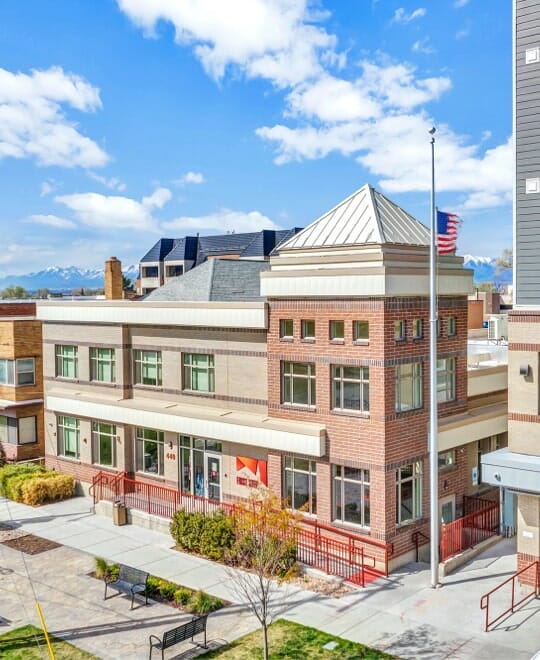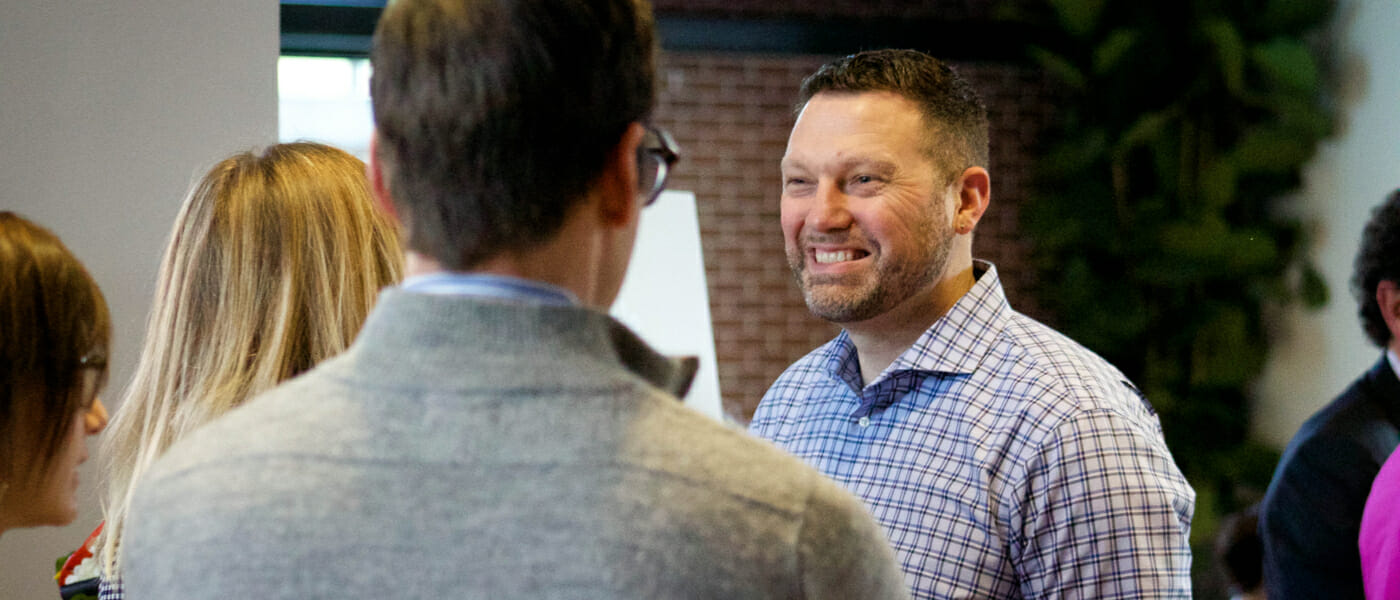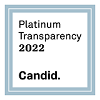Highlights of our Residential Treatment program
We operate three residential treatment facilities in Salt Lake County, Utah, including:
- 70-bed residential treatment center located at 440 South 500 East with 34 beds designated specifically for Veterans and 36 beds designated for Veterans and non-Veterans
- 76-bed residential treatment center located at 411 North Grant Street
- 60-bed residential facility located at 950 East 3300 South in Millcreek dedicated to serving participants in our Pay for Success program, REACH (Recovery, Engagement, Assessment, Career, and Housing), aimed at reducing criminal recidivism for high utilizers of the Salt Lake County jail.
Our facilities include full amenities of dorm-style rooms, a professional kitchen, group rooms, common areas, and laundry facilities. Breakfast, lunch, and dinner are served daily, and coffee and snacks are available throughout the day.
Core Treatment Components
The most important component of our program is our team of highly effective addiction specialists. Programs are administered by a team of professionals, many of whom are master’s-level clinicians with substance use disorder treatment experience. Our team utilizes evidence-based modalities during individual therapy, group therapy, and life skills classes.
Our Goal
Our goal is to create a community that allows people to engage in treatment on multiple levels. To accomplish this goal, we address the unique needs of each client by creating individualized treatment and case-management plans to address multiple domains of concern (e.g., physical health, environment, family relations).
Our Process
At the start of treatment, we do a thorough assessment to determine the appropriate level of care for each client. Clients referred to our residential facility are those whose pattern of substance use, and relevant behaviors, place them in imminent danger to themselves or others. At our residential facility, clients engage in treatment activities and supportive services throughout the day. Family members, friends, and other supportive individuals may visit clients during their stay. Our residential clients work to address both their substance use disorders and the secondary consequences of addiction, including unstable housing, barriers to employment, and untreated medical and dental conditions.


